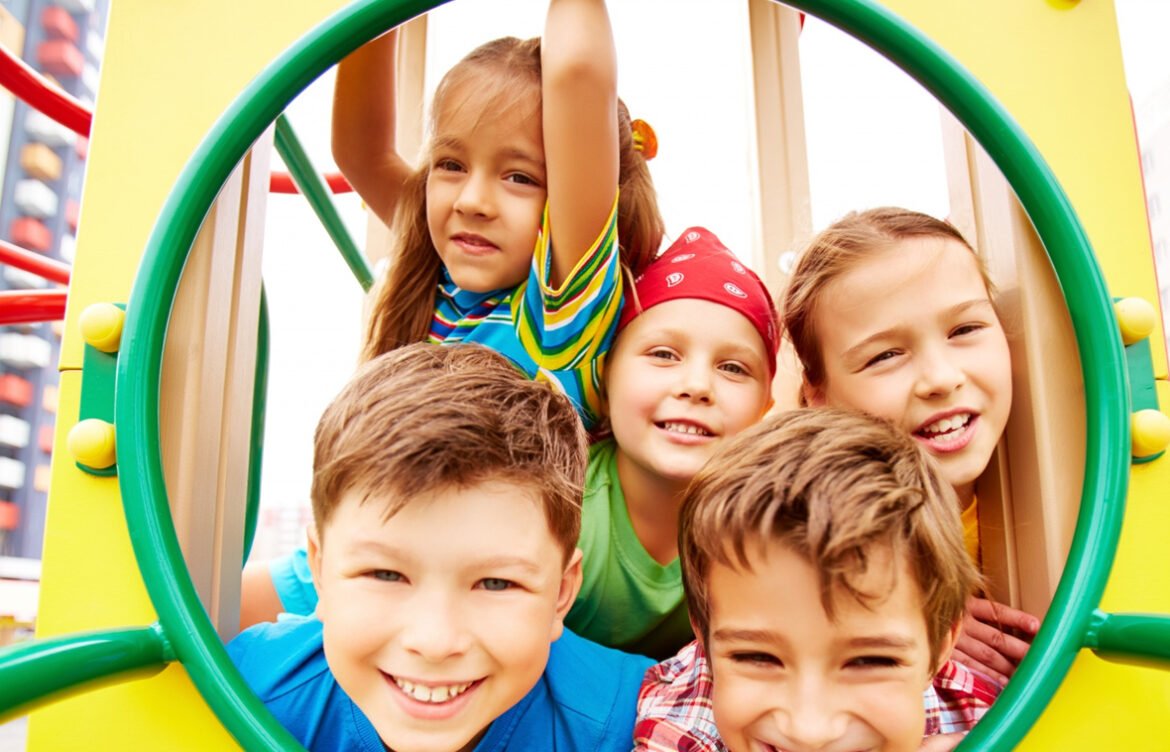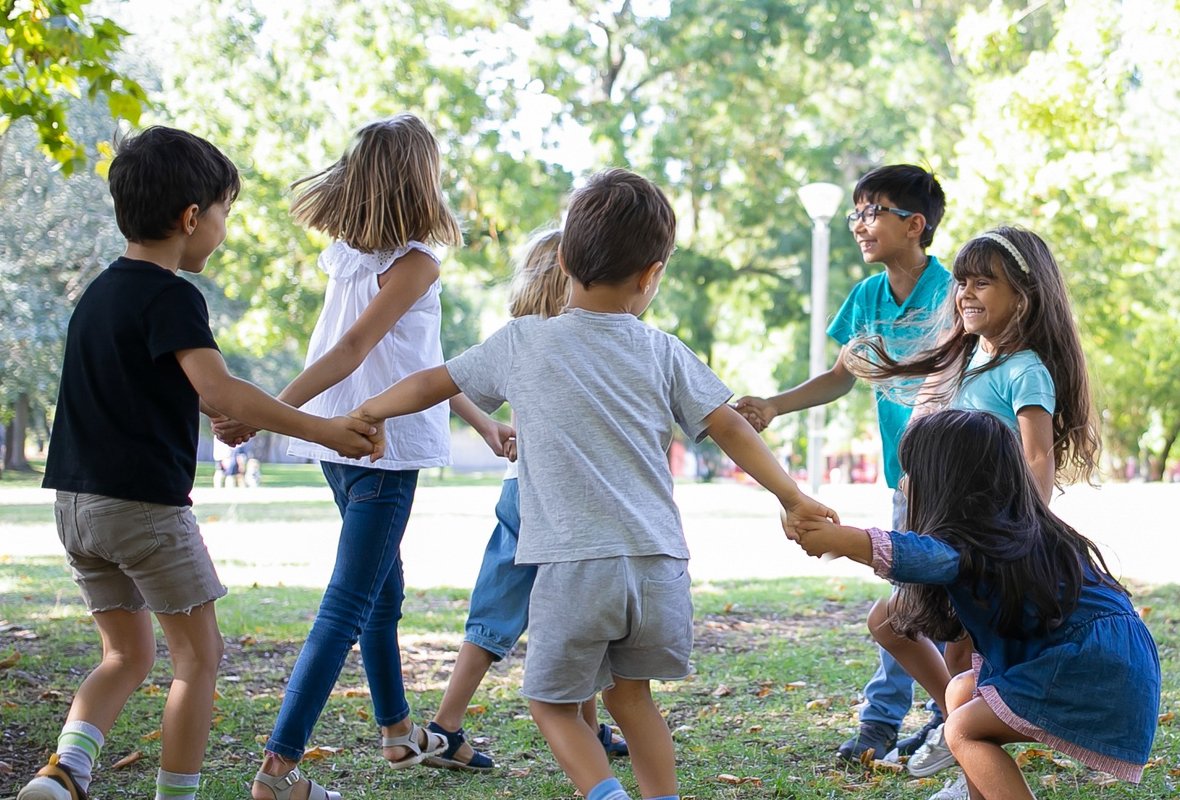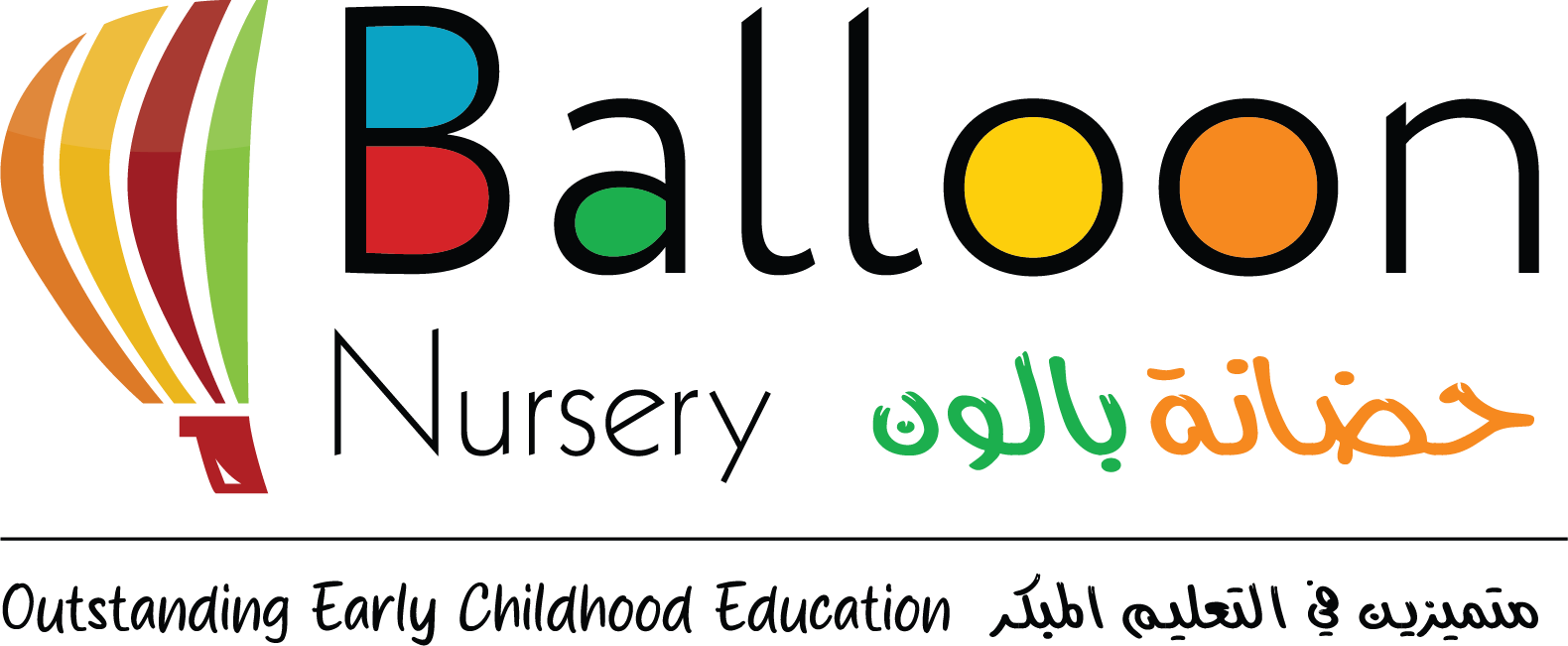
Why Early Childhood Education Matters So Much
The first five years of life are often called the “foundation years.” During this stage, a child’s brain develops faster than at any other time, absorbing knowledge, experiences, and emotions that shape the rest of their lives. Early childhood education is not just about learning letters and numbers—it’s about nurturing the whole child: emotionally, socially, and intellectually.


Building Strong Foundations for Learning
Children who receive quality early education enter school with stronger language, math, and problem-solving skills. They are better prepared to follow instructions, adapt to routines, and engage with classmates. Early exposure to structured learning environments helps them develop curiosity, creativity, and a love for discovery.
Social and Emotional Growth
In nursery and preschool, children learn how to interact with peers, share, take turns, and resolve conflicts. These social skills are as important as academics, helping children build friendships and confidence. Emotional growth is equally vital—children learn to express feelings, cope with separation, and develop resilience.
Encouraging Independence and Confidence
Early education programs give children opportunities to do things on their own, from washing hands to completing small tasks. This fosters independence, decision-making, and self-esteem. Confident children are more likely to engage in learning and less likely to fear challenges later in school.
Lifelong Benefits Beyond the Classroom
Studies show that children who experience quality early education are more likely to perform better academically, graduate on time, and even succeed in their careers. The lessons they learn—teamwork, communication, persistence—extend far beyond the classroom and into every stage of life.
